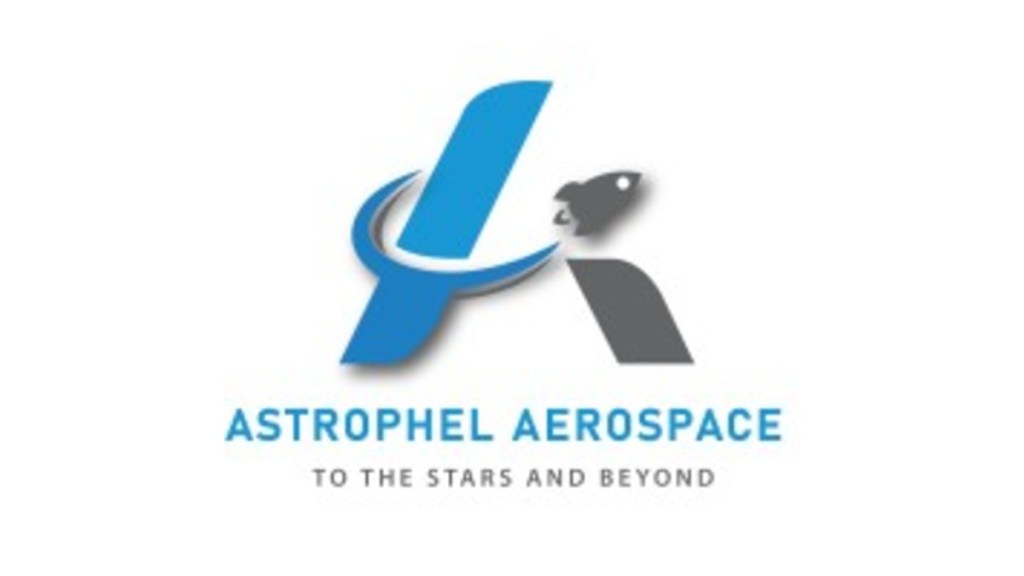Astrophel Aerospace, a Pune-based space tech startup, is gearing up to demonstrate a small hopper prototype in the next two-to-three months to test its guidance and navigation system. The company is developing reusable launch vehicles and components.
Push for reusability and cost reduction
Astrophel’s reusable suborbital hopper aims to reach an altitude of 10 km, ignite its engines, and autonomously land back on the ground, similar to Honda’s achievements. This project is being developed in preparation for an orbital launch. Astrophel’s primary goal is to serve the small satellite market, targeting payloads between 200 and 800 kg with small satellite launch vehicles.
“Reusability is the key to reducing launch costs by recovering the expensive first stage, similar to SpaceX’s model,” says Astrophel co-founder Immanuel Louis.
He notes that reusability in rocketry prevents the loss of the first stage, which accounts for approximately 80% of the rocket’s cost. By refurbishing and refuelling this stage for reuse, significant cost reductions can be achieved, benefiting customers and aligning with the future trend of SSLV, he adds.
Technological advantage
Astrophel, co-founded by Suyash Bafna and Louis, aims to become the on-demand provider of high-volume small satellite launches. The company plans to offer dedicated launches for specific orbits, providing more flexibility, Louis said.
Small satellites typically rely on larger rockets for launch, resulting in long wait times for available slots. Louis believes a reusable launch vehicle capable of carrying smaller satellites would be ideal for this market. According to him, there are currently no Indian companies focused on the reusable small satellite launch vehicle space, and Astrophel aims to fill this gap by providing a flexible, cost-effective alternative to large rideshare missions.
The company is targeting SSLV costs between $1.5 million and $2 million. Louis said Astrophel is one of the first companies in this segment to work on a turbo pump engine that allows for continuous, long-term operation, unlike the pressure-fed systems used by competitors.
Astrophel’s liquid rocket engines are more controllable and enable reusability, distinguishing them from other space tech companies. While Skyroot Aerospace uses solid rocket engines and Agnikul employs liquid fuel propulsion, it does not utilise a turbo pump; instead, it relies on an electric motor to pump fuel.
Astrophel has raised Rs 6.8 crore in a pre-seed round and is seeking an additional $ 5 million in funding as they prepare to scale their technology for an orbital-class launch vehicle.

